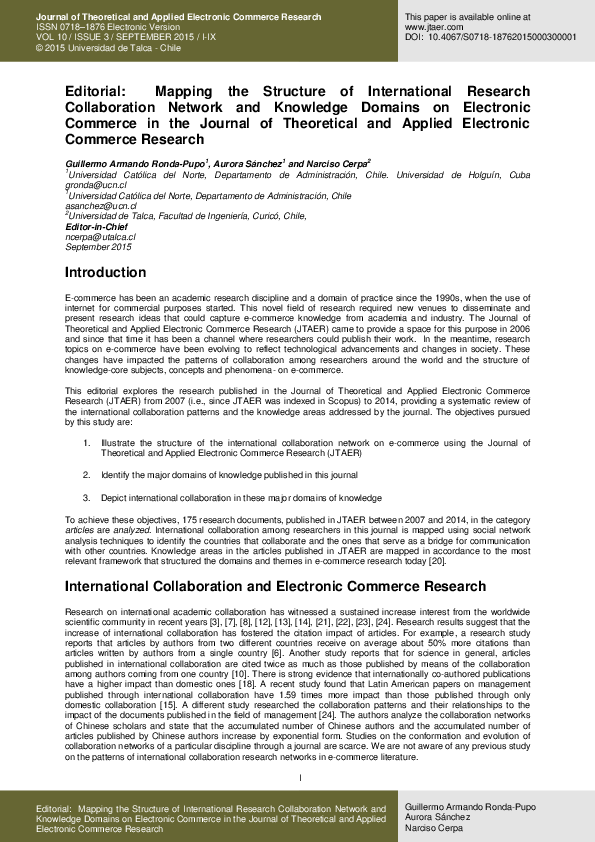Encountering Product Information: How Flashes of Insight Improve Your Decisions on E-Commerce Platforms
IF 4.6
3区 管理学
Q1 BUSINESS
Journal of Theoretical and Applied Electronic Commerce Research
Pub Date : 2024-08-30
DOI:10.3390/jtaer19030106
引用次数: 0
Abstract
Serendipity-oriented recommendation systems have been widely applied in major e-commerce and social platforms. Platform managers aim to enhance user satisfaction and increase platform sales by creating serendipitous encounters with information. Previous research has shown that the unexpectedness of encountering product information in serendipity-oriented recommendation systems can effectively stimulate positive emotions in customers, resulting in unplanned purchases, such as impulse buying. However, little research has focused on another critical aspect of encountering product information: perceived value. Our study suggests that encountering product information can positively affect the intention to purchase planned products (focal products) based on their perceived value. To explore this, we conducted three experiments and found that: (1) encountering product information positively influences planned product purchase intention (e.g., reduced decision-making time, improved focal product purchase intention), compared to the absence of encountering product information (precision-oriented recommendation systems); (2) this effect is mediated by customer inspiration; and (3) the characteristics of recommendation system strategies can moderate this effect. Specifically, when the strategy features exhibit a low level of explainability, the impact of encountering product information on customer inspiration and purchase intention is more significant than when a high level of explainability is presented.邂逅产品信息:洞察力的闪光如何改善您在电子商务平台上的决策
以偶然性为导向的推荐系统已广泛应用于各大电子商务和社交平台。平台管理者旨在通过创造与信息的偶然相遇来提高用户满意度,增加平台销售额。以往的研究表明,在以偶然性为导向的推荐系统中,遇到产品信息时的意外性可以有效激发客户的积极情绪,从而导致计划外购买,如冲动性购买。然而,很少有研究关注遇到产品信息的另一个关键方面:感知价值。我们的研究表明,遇到产品信息会对基于其感知价值的计划产品(焦点产品)的购买意向产生积极影响。为了探讨这个问题,我们进行了三个实验,结果发现(1)与没有遇到产品信息(以精确为导向的推荐系统)的情况相比,遇到产品信息会对计划中的产品购买意向产生积极影响(例如,减少决策时间,提高焦点产品的购买意向);(2)这种影响是以顾客的灵感为中介的;(3)推荐系统策略的特点会缓和这种影响。具体来说,当策略特征表现出较低的可解释性时,遇到产品信息对顾客灵感和购买意向的影响比表现出较高的可解释性时更为显著。
本文章由计算机程序翻译,如有差异,请以英文原文为准。
求助全文
约1分钟内获得全文
求助全文
来源期刊
CiteScore
9.50
自引率
3.60%
发文量
67
期刊介绍:
The Journal of Theoretical and Applied Electronic Commerce Research (JTAER) has been created to allow researchers, academicians and other professionals an agile and flexible channel of communication in which to share and debate new ideas and emerging technologies concerned with this rapidly evolving field. Business practices, social, cultural and legal concerns, personal privacy and security, communications technologies, mobile connectivity are among the important elements of electronic commerce and are becoming ever more relevant in everyday life. JTAER will assist in extending and improving the use of electronic commerce for the benefit of our society.

 求助内容:
求助内容: 应助结果提醒方式:
应助结果提醒方式:


